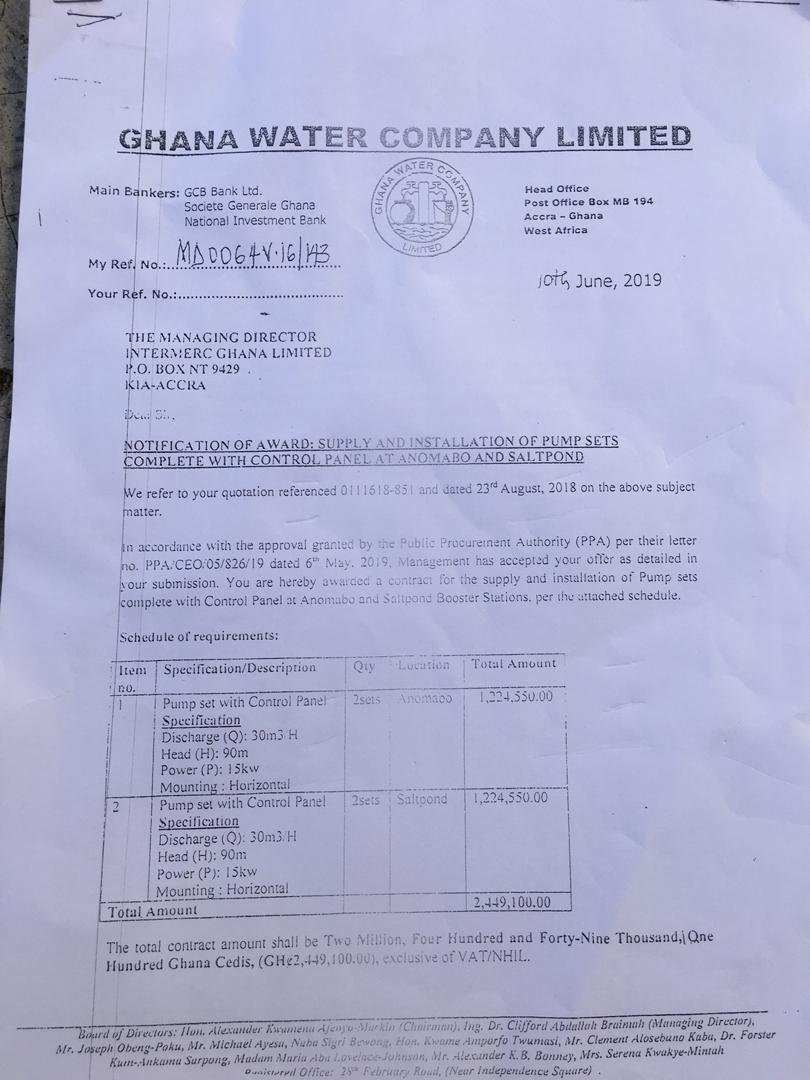CILT-Ghana President Advocates For More Investments In Fleet Managers

The President of the Chartered Institute of Logistics and Transport (CILT-Ghana), Ebo Hammond has urged management of companies to invest more in the training and capacity building of their fleet managers.
He said continuous investment in fleet managers will not only help in preventing accidents on our roads but also help companies from making loses of huge investments they usually made in acquiring their vehicle fleets.
Ebo Hammond gave this advise when he addressed the opening session of the 4th CILT-Ghana’s Fleet Management Workshop in Accra.
According to him, the zeal with which companies and their Financial Controllers use in acquiring vehicles for a company use, must be the same enthusiasm they must deploy in giving the requisite training to their transport managers and drivers who handle the vehicles which are the companies huge investments.
According to him the era where companies are not willing to invest in the training of their drivers and transport managers are over, considering the huge loses they keep making whenever these vehicles crash or break down.
He said vehicle fleet is acritical components of transport system and essential for the success of any organization.
Ebo Hammond enumerated that “the efficient and sustainable management of these assets cannot be overlooked. The greatest fleet asset is not the ‘metal’ but rather the one who manages it. He need to undergo continuous professional development training for expert delivery.”
He also noted that the vehicle at the manufacturing stage is a product and after it has been purchased for use becomes a resource which requires all the business and management skills to effectively generate maximum economic benefits for the organization.
 “Sometimes we don’t understand it when a company says it doesn’t have money to train their drivers and fleet managers who have been handled with such huge investment that is the Vehicle. What CILT is saying is for companies to begin serious investments in the people who handle their cars,” he said.
“Sometimes we don’t understand it when a company says it doesn’t have money to train their drivers and fleet managers who have been handled with such huge investment that is the Vehicle. What CILT is saying is for companies to begin serious investments in the people who handle their cars,” he said.
He also described vehicles as investments on wheels which can break down or crash. “The moment it crashes, the over 85000 USD which a company might have invested in acquiring it is also gone.”
He therefore described the Vehicle Fleet Management Workshop as a great opportunity for transport managers to acquire skills on best practices and best ways of handling the fleets that they manage.
By Prosper Agbenyega




